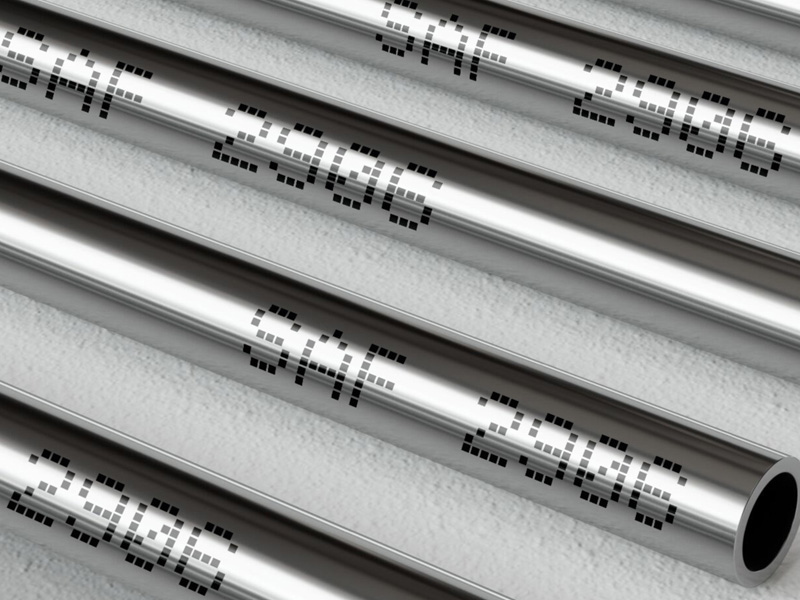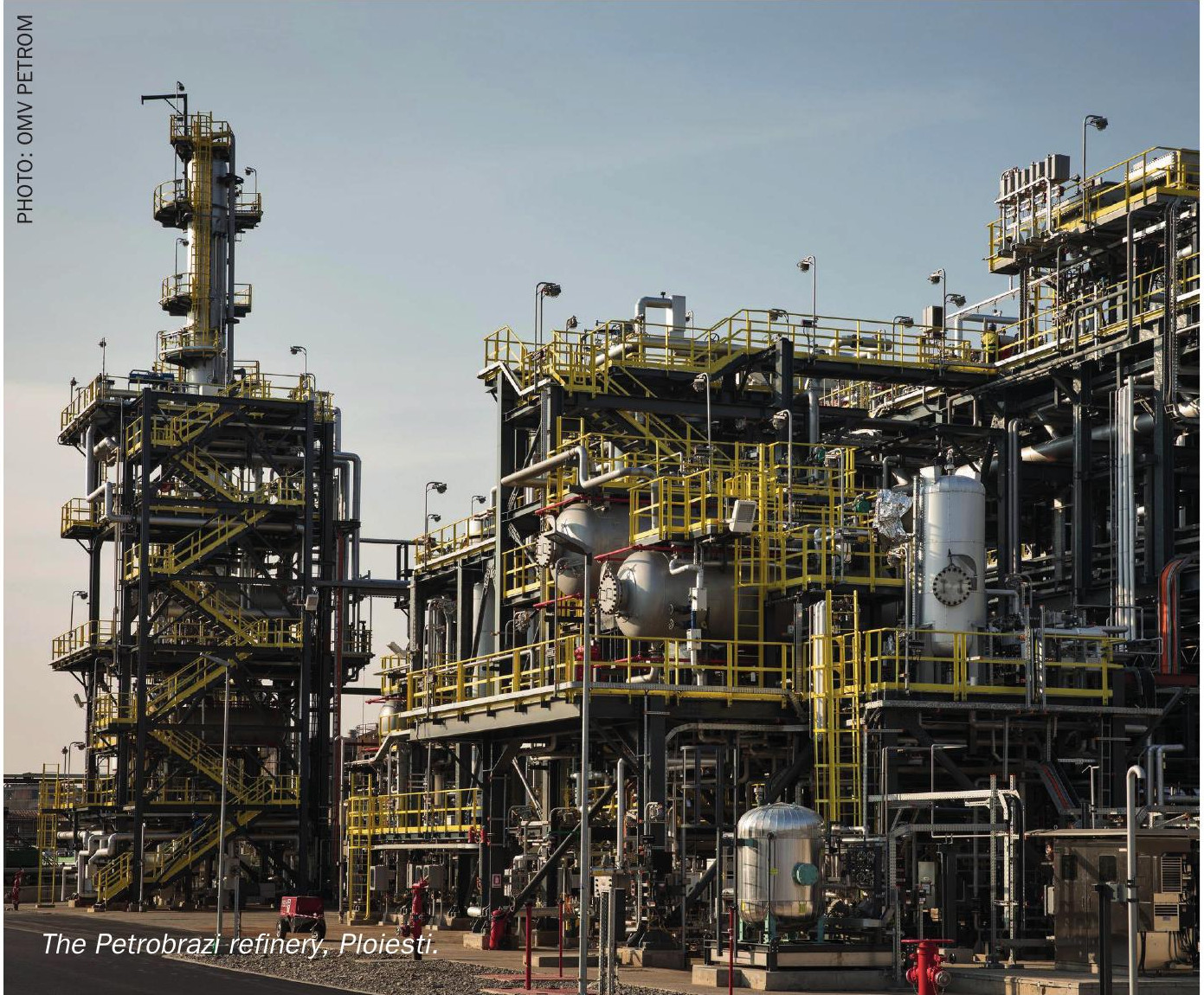Industrial

30 June 2025
Press Release: Alleima Expands Product Portfolio for Urea Industry with SAF™ 2906
Alleima’s Press Release: Sandviken, June 30 2025
The urea production industry faces significant challenges due to the highly corrosive nature of the process environment, particularly in the high-pressure section. Therefore, Alleima has expanded its advanced materials portfolio for urea with SAF™ 2906, a super duplex stainless steel designed to withstand the most corrosive environments.
Alleima, a global manufacturer of high value-added products in advanced stainless steels and special alloys as well as solutions for industrial heating, offers products for a variety of industries and applications.
SAF™ 2906 has been engineered to meet the stringent demands of the urea industry, requiring exceptional durability and reliability. Originally developed for the urea synthesis process, the grade can withstand extremely high pressures and temperatures. Its superior corrosion resistance against low-oxygen carbamate solutions ensures enhanced plant safety and productivity by preventing corrosion-related issues. Equipment failure resulting from corrosion can lead to costly downtime and maintenance. Selecting the most suitable material for the purpose is crucial for ensuring the longevity and efficiency of urea production plants.
Key advantages for SAF™ 2906:
- Excellent corrosion resistance to carbamate solutions: SAF™ 2906 is optimized for superior corrosion resistance against carbamate solutions with low oxygen content, thereby enhancing both plant safety and productivity.
- Very high strength: With a yield strength nearly three times that of conventional austenitic stainless steels – SAF™ 2906 gives design advantages and allows for lighter constructions.
- Excellent pitting and stress corrosion cracking (SCC) resistance: SAF™ 2906 has a carefully balanced composition, which gives the material high resistance to chloride- rich environments, ensuring long-term reliability.
- Enhanced fabrication & weldability
“SAF™ 2906 is a high-performance stainless steel that delivers very high strength, excellent corrosion resistance, and reliability. Its exceptional performance in harsh, corrosive environments makes it an ideal choice for the fertilizer industry. Those that are seeking for the highest quality materials will benefit from these products. We make our customers’ products and processes safer, more sustainable and more efficient. Our materials enable the energy transition, energy efficiencies and improved quality of life in a variety of industries and applications, such as seamless stainless tubes, electric heating technology and heating resistance materials,” says Oscar Öhlin, Senior R&D Engineer.




